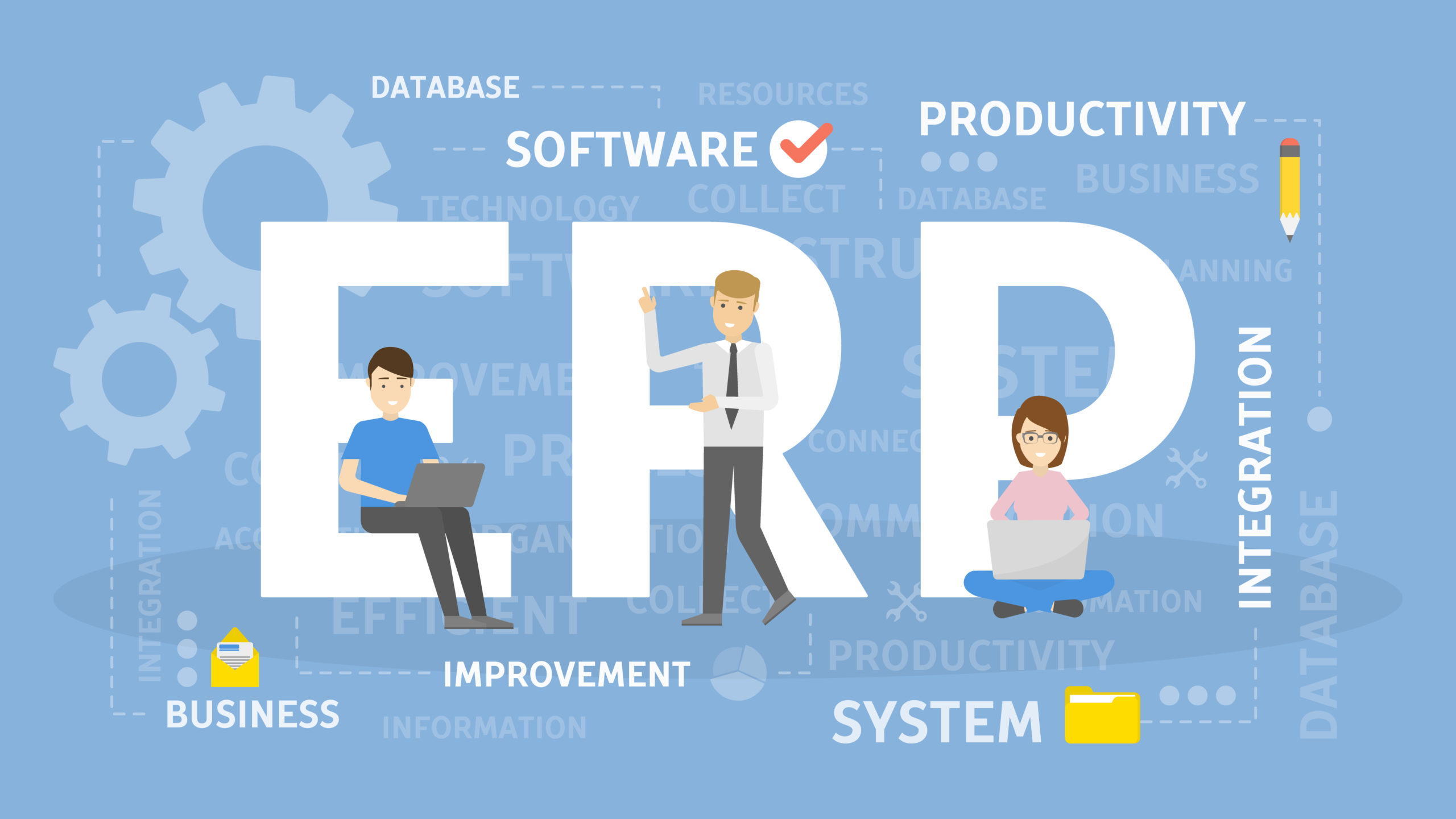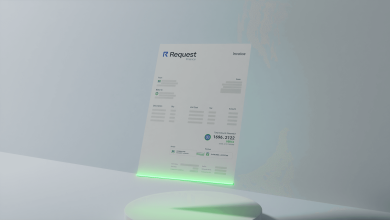Benefits of ERP Software Company

The midmarket is in a strong place right now. It has traditionally taken a long time for technology to filter down from the corporate level, through the midmarket, and into the small and midsize company (SMB) sector. However, in the digital age, when every business is a technology company, tech vendors and their sales channels are focusing less on the crowded enterprise market and more on the enormous opportunity the midmarket offers.
Although there are many different definitions of midmarket enterprises, we can confidently assume that companies with between 50 and 1,000 people and those with revenues between $100 million and $3 billion belong to this group.
The Benefits of ERP Software
There is virtually no way around needing to spend money on an ERP software system in order to expand. The number of clients and data you handle inside the same scattered systems cannot be increased. Excel spreadsheets are only so useful.
When your systems don’t communicate with one another, it can be extremely challenging to implement a crucial pivot in your company model in addition to helping your main business develop. Imagine attempting to transition sales, marketing, accounting, and operations from one-time product-sale income to continuing solutions-recurring revenue while each department is operating in a distinct silo. There is no way a significant event could go unnoticed.
Efficiency is ultimately the main advantage of an ERP implementation. In the competitive business environment of today, internal resource waste can have an equal influence on a company’s profitability as sales. Even if you’re raking it in hand over fist, if your business operations are wasting time and resources, it will take you considerably longer to turn a profit.
Duplicate procedures and manual touchpoints are eliminated by ERP software. It synchronizes data across all business lines, making correct information easier to obtain. Because information is consolidated and consistent across departments, collaboration and communication increase. Scaling is also made exponentially simpler by the fact that all firm data is integrated into a single system.
Even after accounting for the high cost of a deployment, ERP offers significant cost benefits. Businesses conserve resources through reducing employee work hours, improving data entry accuracy, reducing administrative expenses, and streamlining operations. All of these advantages are quite evident, but there are three additional areas where ERP makes money in subtler ways.
1. Forecasting and Reporting
An ERP enhances reporting procedures by providing complete, accurate, up-to-date, and quickly available data. Additionally, the systems frequently have customizable reporting features that may be personalized to each user and display just the most pertinent data.
Without ERP, managers frequently have to ask IT or operations for the complicated reports they need to do accurate forecasts, then manually or inside Excel mine that data. By doing away with the intermediary, ERP software development company enables flexible, precise, customizable reports to be produced in a considerably shorter amount of time.
For a corporation that is expanding, accurate forecasting is essential. To know how much you have, you must be able to plan around sales objectives, inventory trends, and personnel expenses.
2. Conformity
It’s likely that you’ve already made investments in systems and processes to handle your data if your company is subject to stringent requirements like HIPAA or PCI. The rest of us still have a lot to learn about regulatory compliance. However, as Europe implements GDPR and other regions prepare to enact their own strict requirements, U.S. companies can no longer be careless with consumer data. ERP software provides a more thorough picture of your data storage, making it easier to determine which data is kept locally or in the cloud, where the server you’re accessing is located, and what security measures you need put in place to secure your customers’ most sensitive information.
3. Strengthened Connections
There is undoubtedly a measurable figure that can be linked to cost savings in terms of the reduction of labor hours or mistakes from manual operations. However, releasing customer service representatives from time-consuming and error-prone activities gives them more time to develop meaningful relationships with your consumers.
This is not a trivial benefit. You get more sticky the stronger your consumer relationships are. CSRs can communicate more easily and provide assistance to customers more rapidly when they have access to all of their data, including prior purchases, payments, support tickets, and other interactions with your company, in one location.
A SMB may get by with ad hoc, disjointed systems, but growing businesses require all-encompassing company management software that supports their expansion plans and better prepares staff to spend time to revenue-generating activities. No matter the circumstance—having a kid, purchasing a home, establishing a firm, or developing from an SMB into a reliable midmarket player—moving to the next level is challenging.
Also read: The Role of TMS Software?
Making sure you’re prepared to take on any issue requires extensive advance planning. Implementing an ERP is a foundation that expanding businesses must create if they wish to advance.
4. Business Processes Are Simplified by ERP Systems
Businesses are compelled to go through (or reassess) their business processes and workflows when choosing and deploying an ERP system. It’s the ideal chance to evaluate what makes sense, what functions, what is significant, and what might be improved. Your company may improve the speed, accuracy, and efficiency of its business operations by using the ERP system, especially because the majority of ERPs are built to support current industry best practices.
5. Modern ERP Systems Support Upgrades
Due to the rapid pace of technological development, legacy enterprise systems are no longer able to support business expansion. Many might even slow growth. Additionally, it might be expensive to update an ageing system’s programming. Companies eventually come to the conclusion that maintaining an outdated system is unnecessary. Instead, switching to a contemporary, integrated solution is sensible and economical.
Modern software systems are equipped with cutting-edge technologies like machine learning, data analytics, the Internet of Things (IoT), and other contemporary capabilities. These cutting-edge technologies are able to identify patterns and trends and provide functions that give businesses the ability to make better decisions and so obtain a competitive advantage. Businesses must employ contemporary methods in order to stay competitive and position themselves for development. They require solutions that enable flexibility and corporate expansion.
6. ERP Systems Aid in Better Data Analysis for Your Business
Benefits of enterprise resource planning include changing how data is collected and analyzed across your company, assisting data teams in swiftly identifying correct insights into your whole organization. There are generally two ways they accomplish this:
These solutions enable stakeholders to access cross-business data from a single source across several devices, regardless of location, by accessing data from a single repository through multiple devices. As a result, one of the essential pieces of software can analyze data more effectively and accurately than if it were spread over numerous platforms. Data experts can more quickly conduct analysis to find commercial patterns and possible problems.
Using real-time data: ERP provides real-time information on business operations, resource availability, and task status. Users may be certain that the information they see is current and pertinent, which is sometimes not the case with outdated systems, thanks to this.
What Clients Demand of Businesses
Whether they are business clients or regular consumers, your clients have high standards. Nowadays, many customers demand a seamless multichannel experience. For instance, they might want to peruse a product catalogue in-person, purchase it online, pick it up from the nearby shop, and then have it repaired remotely.
Also read: Business ideas to know before moving abroad?



